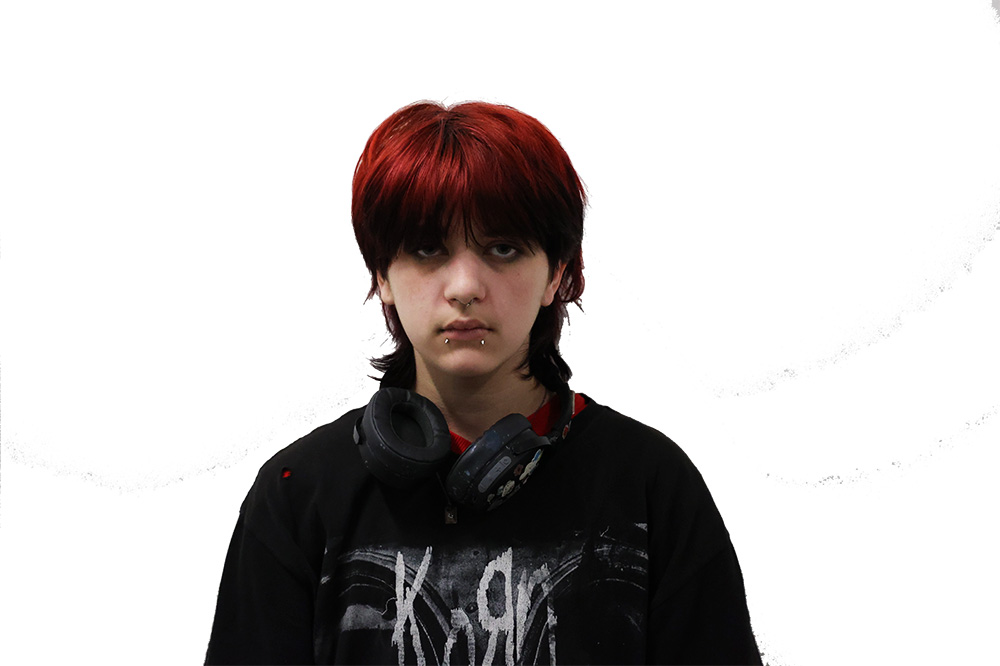As we transition out of fall, we enjoy our last moments with its traditional anecdotes, such as pumpkins, apple cider, rain, falling leaves and the enjoyment of literature. With autumn and winter embodying an academic yet comforting ambiance, it’s the perfect time to indulge in a good book by candlelight or in a coffee shop. There are millions of books and genres that emulate this time of year, but here is a list of what I believe to be essential reads.
Frankenstein- Mary Shelley
Horror, Gothic, Classic 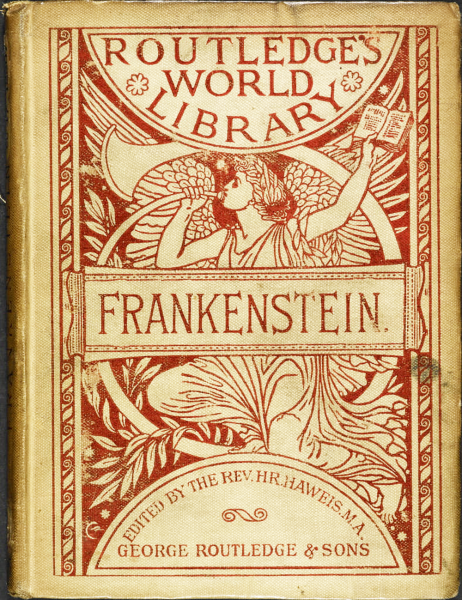
“The world to me was a secret, which I desired to discover; to her it was a vacancy, which she sought to people with imaginations of her own.”
Similar to Dracula and Doctor Faustus, the figure of this classic novel has been referenced, recreated and inspired many works of art and literature throughout history, yet I believe the actual novel itself is untouchable by most other horror classics, on both an emotional and literary level.
Mary Shelley was an English writer, poet, and philosopher, best known for Frankenstein, which she wrote at age 18 and anonymously published two years later, in 1818. The author herself was a large personal appeal for me to read this book. The fact that Shelley was only 18 when writing one of the most well-known pieces of fiction as a woman in the 1800s is remarkable, especially considering how male-centered the horror genre is.
Frankenstein is a story about an inventor obsessed with creating life itself, leading him to scour graveyards to build his own being, although he ultimately finds his creation unappealing due to its monstrous features. The inventor leaves his botched project of a human to wander the world alone.
The rest of the book portrays a sorrowfully beautiful story about ostracization, revenge and the destruction of those who inspire who we are. This is a phenomenal story that I urge all to read, as it perfectly conveys common feelings of isolation and hideousness through a protagonist, especially as we enter this gloomy season.
We Have Always Lived in the Castle- Shirley Jackson 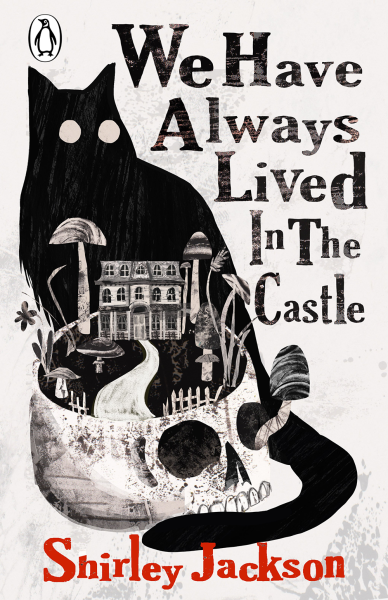
Horror, Mystery, Gothic
“Fate intervened. Some of us, that day, she led inexorably through the gates of death. Some of us, innocent and unsuspecting, took, unwillingly, that one last step to oblivion. Some of us took very little sugar.”
Similar to Jackson’s other stories such as The Haunting of Hill House and The Lottery, We Have Always Lived in the Castle is a strange and almost claustrophobic reading experience. Reading this novel through the perspective of the protagonist, Mary Blackwood, gives the reader an extremely intimate look into the life of a girl slowly discovering a secret, yet when she discovers the truth, it is as if she simply pulled it to the front of your mind as opposed to revealing it from the dark. Although Jacksons’ writing is analytically simple to follow, you have to read between the lines to fully submerge yourself into the depths of this twisted story.
We Have Always Lived in the Castle is an ominous tale about an isolated family with an archive of mysteries and secrets regarding a murder that escalates once an unknown cousin is introduced.
The surreal perspective of a teenage girl made this novel an essential read for early autumn. Although this book is phenomenally captivating in a literal sense, the psychological aspect of Jacksons’ writing appeals to family complications and identity. At no point will you be bored; instead expect to lock your door and cover the mirrors in fear of any sudden noise.
Wuthering Heights- Emily Bronte 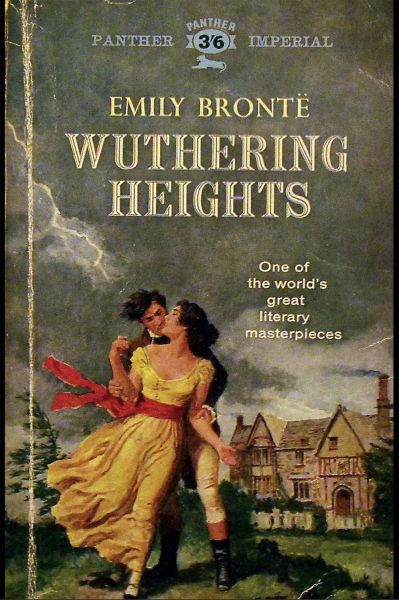
Gothic, Romance, Classic
“I have dreamt in my life, dreams that have stayed with me ever after, and changed my ideas; they have gone through and through me, like wine through water, and altered the color of my mind. And this is one: I’m going to tell it—but take care not to smile at any part of it.”
This winter recommendation list would be incomplete without Bronte’s classic dark novel, Wuthering Heights. No other romance novel depicts the complicated relationship between passion and devastation quite like this one. Bronte conveys the characters’ unconditional love as if it’s an open wound. This story is written through a variety of perspectives, which allows the reader to develop a complicated perception of each character and situation, making this novel one of the most dynamic of the 18th century. The unreliable narrator trope that is implemented into the structure of this novel allows for our own interpretation of the events at hand, making this book even more emotionally tangled outside of its plot.
Wuthering Heights is about a tortured man who falls in love with his patron’s daughter, escalating to a dramatic portrayal of love that results in pain and destruction. Although this story is visceral and surreal, demonstrating the disfigurement of human nature, Bronte can transport the reader into an entirely different world through her writing. Bronte died only a year after this novel was published, living a lonely life. She is known as one of the many great heroines of literature, and Wuthering Heights is my favorite piece of hers.
If you enjoy books about love and tragedy, gothic fiction and classic literature, this is the perfect book to read this winter. Although it is one of the most well-known in its genre, Wuthering Heights is continuously placed at the top of the dark romance realm, timeless and extraordinary.
After Dark- Haruki Murakami 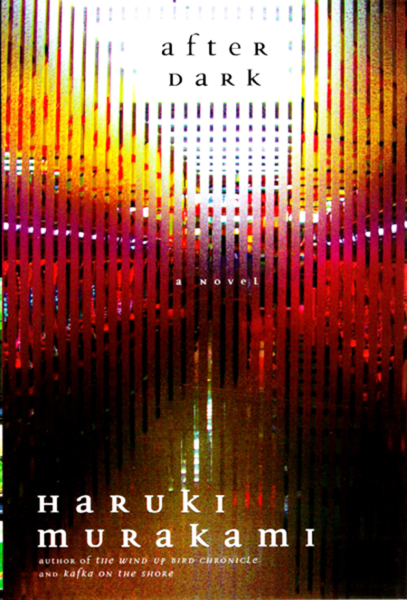
Realism
“Let me tell you something, Mari. The ground we stand on looks solid enough, but if something happens it can drop right out from under you. And once that happens, you’ve had it: things’ll never be the same. All you can do is go on, living alone down there in the darkness…”
This short novel portrays the eerie world of Tokyo nightlife in late autumn. Throughout a single night, Murakami takes us on an adventure through a teenage girl protagonist waiting for the night to end outside of a Denny’s, where she meets a man in cahoots with her sister. Murakami’s ability to make this simplistic story so surreal and almost fantastical creates a great read for a quiet rainy night, knowing that there’s so much more happening outside your window.
Although this is a fairly short novel, each sentence contains a magnitude of significance and meaning that cannot be rushed or disregarded. Murakami’s ability to manipulate perspective by portraying aspects of the night, from people to situations, as interconnected affairs, creates an introspective reading experience. Instead of seeing the story’s existence in its entirety, we get detailed glimpses of individual characters and often small events, which develop into the main themes of duality, time, alienation and conformity.
The sorrowful subjects of this book are written as they are; although Murakami refrains from any glorification of concepts such as sex work, abuse and addiction, he portrays them as real, as the truth for many people’s lives. Many of the storylines within these dark topics are rarely resolved, we merely get glimpses of these realities, leaving us as the reader to put the pieces together.
After Dark portrays the feeling of confinement and a lack of development, while the entire world seems to be running past you as you stand paralyzed. This is a great book to read during the complicated yet numbing time of late autumn into early winter.
The Castle – Franz Kafka
Absurdist, Dystopian, Political, Fiction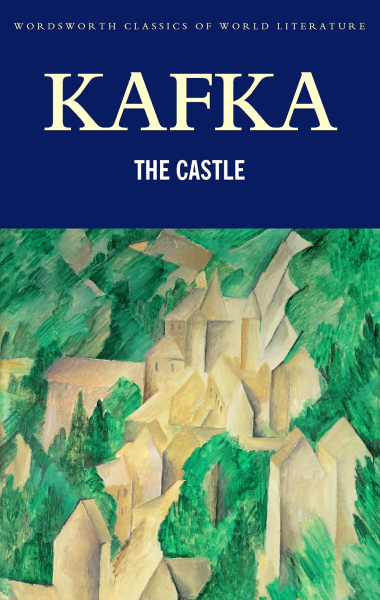
“I dream of a grave, deep and narrow, where we could clasp each other in our arms as with clamps, and I would hide my face in you and you would hide your face in me, and nobody would ever see us anymore.”
This striking novel, which was left unfinished and never intended to even be published, is often considered Kafka’s most autobiographical novel. The Castle portrays the feeling of overwhelming isolation that many readers can connect to on a personal level, in addition to developing a deeper understanding of Kafka’s perspective as a writer and an individual.
The Castle depicts the protagonist K (which likely represents Kafka himself), battling the inflexible sovereignty preventing him from reaching the castle. Since this is an unfinished piece due to Kafka’s untimely death, the lack of closure creates an eerie sense of anticipation for weeks after finishing the novel. Although the concept of the storyline may sound elementary, the philosophical undertone and meaning create a complex read. If you enjoy decoding hidden messages through heavy visual and figurative language, The Castle is the perfect book for your winter list.
I have always interpreted the seasonal shift to winter as a blessing for art, film and literature. The dreary weather, the gradual shift to darker days, the adjustment to the crisp temperature, along with the cultural associations of leaving autumn, feel very poetic. Although I love literature throughout every season, winter allows such a comforting atmosphere to embrace my favorite eerie books during rainy nights. This list of winter books consists of my personal essentials; hopefully, you will find them as phenomenal as I do.







